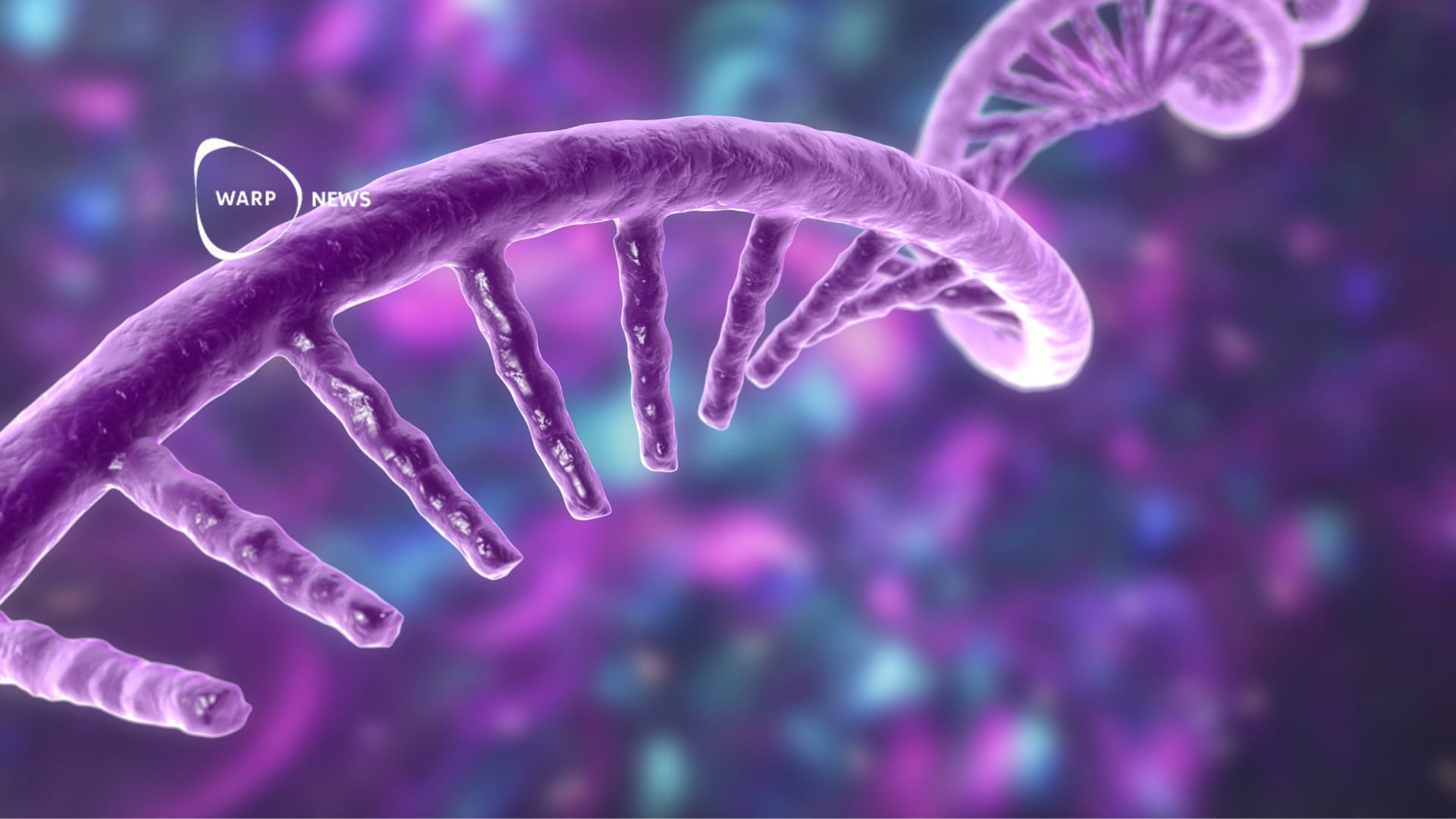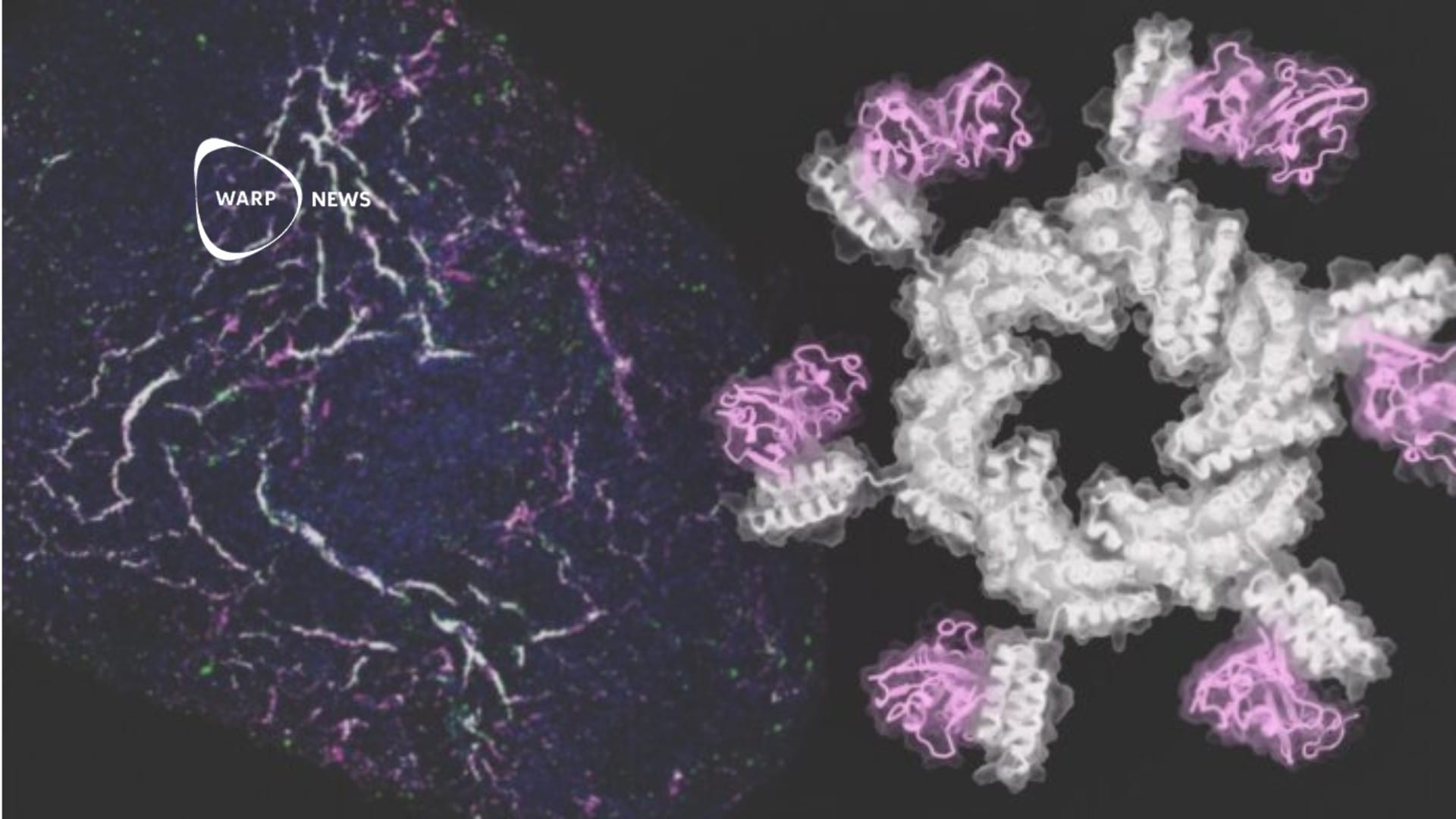
💊 New molecule can cure difficult-to-treat cancer
A new molecule can treat types of cancer that were previously incurable, by exploiting weaknesses in cancer cells that were previously missed.
Share this story!
Cancer comes in many different varieties and thus requires different kinds of intervention, depending on the type. Now a new molecule has been developed at the University of Texas at Dallas, which kills a spectrum of cancer cells that were previously difficult to treat, by attacking a cell protein that is important in the formation of new proteins.
The molecule, known as ERX-41, was recently tested for its effect against different types of breast cancer cells. It then proved to be effective against a type of cancer cell that was previously incurable - triple-negative breast cancer. Triple-negative cancer means that the cells lack estrogen receptors (ER), progesterone receptors (PR), and that they either lack or produce too much of the hormone HER2.
What distinguishes ERX-41 from previous treatment methods is that it showed an effect on cells that lacked estrogen receptors, a receptor that has been used by previous forms of treatment - which has also been the reason why triple-negative breast cancer has previously been extremely difficult to treat.
- The ERX-41 compound did not kill any healthy cells, but it did eradicate tumor cells whether or not they had estrogen receptors. It even killed triple-negative cells better than it killed cells with estrogen receptors, says Jung-Mo Ahn, who made the new compound.
- This was confusing for us in the beginning, Ahn continues.
Finally, the researchers discovered that ERX-41 binds to a cellular protein called LIPA, which is important in the production of new proteins. With cancer, new proteins are overproduced, and by ERX-41 binding to LIPA and inhibiting its process, it becomes inflated, which ultimately leads to cell death in the cancer cells.
Effective against more diseases
The researchers also discovered that the new molecule is effective against other difficult-to-treat diseases, including cancer of the pancreas, ovaries, and glioblastoma - the deadliest type of brain tumor.
- As a chemist, I am somewhat isolated from patients, so this success is an opportunity for me to feel that what I do is useful for society, Ahn concludes.
The molecule has so far only been tested in a laboratory environment and is expected to undergo clinical trials starting in 2023.

By becoming a premium supporter, you help in the creation and sharing of fact-based optimistic news all over the world.



